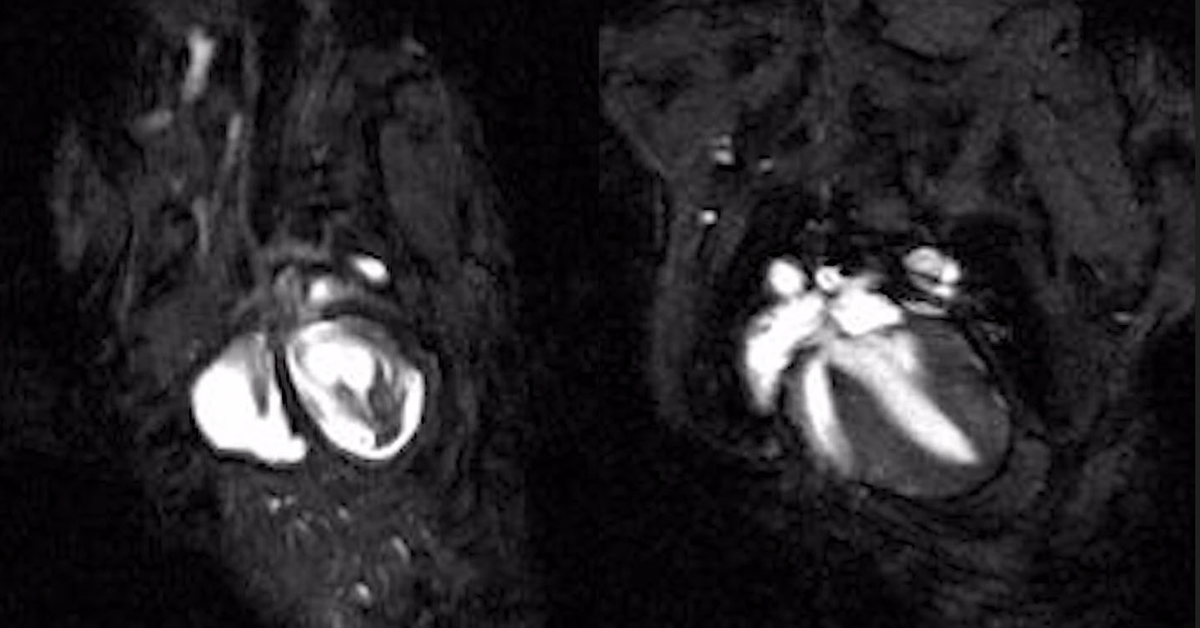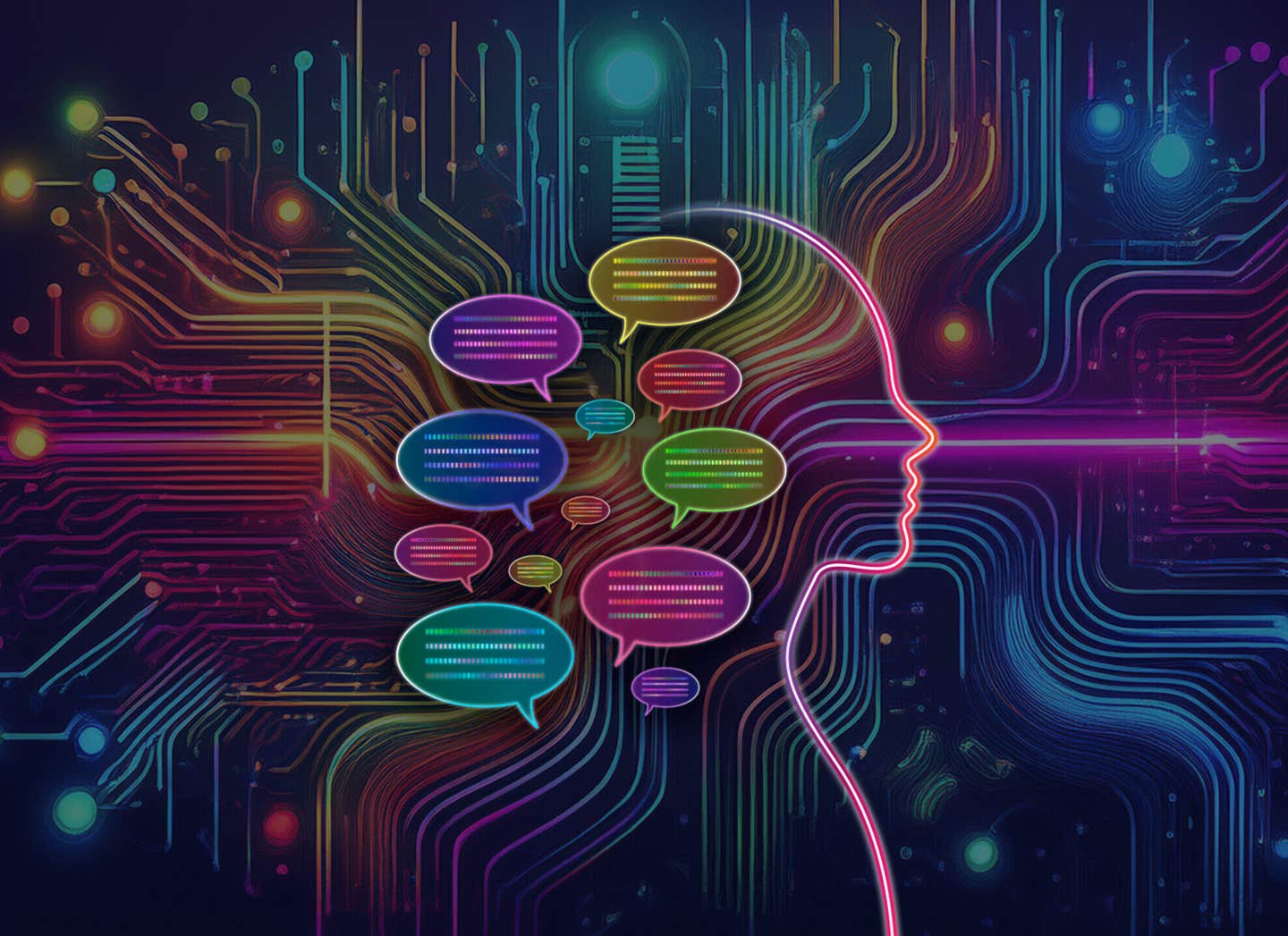The universe is not and could never be a simulation, study finds
New research shows reality transcends computation, proving the universe cannot be simulated by any computer.
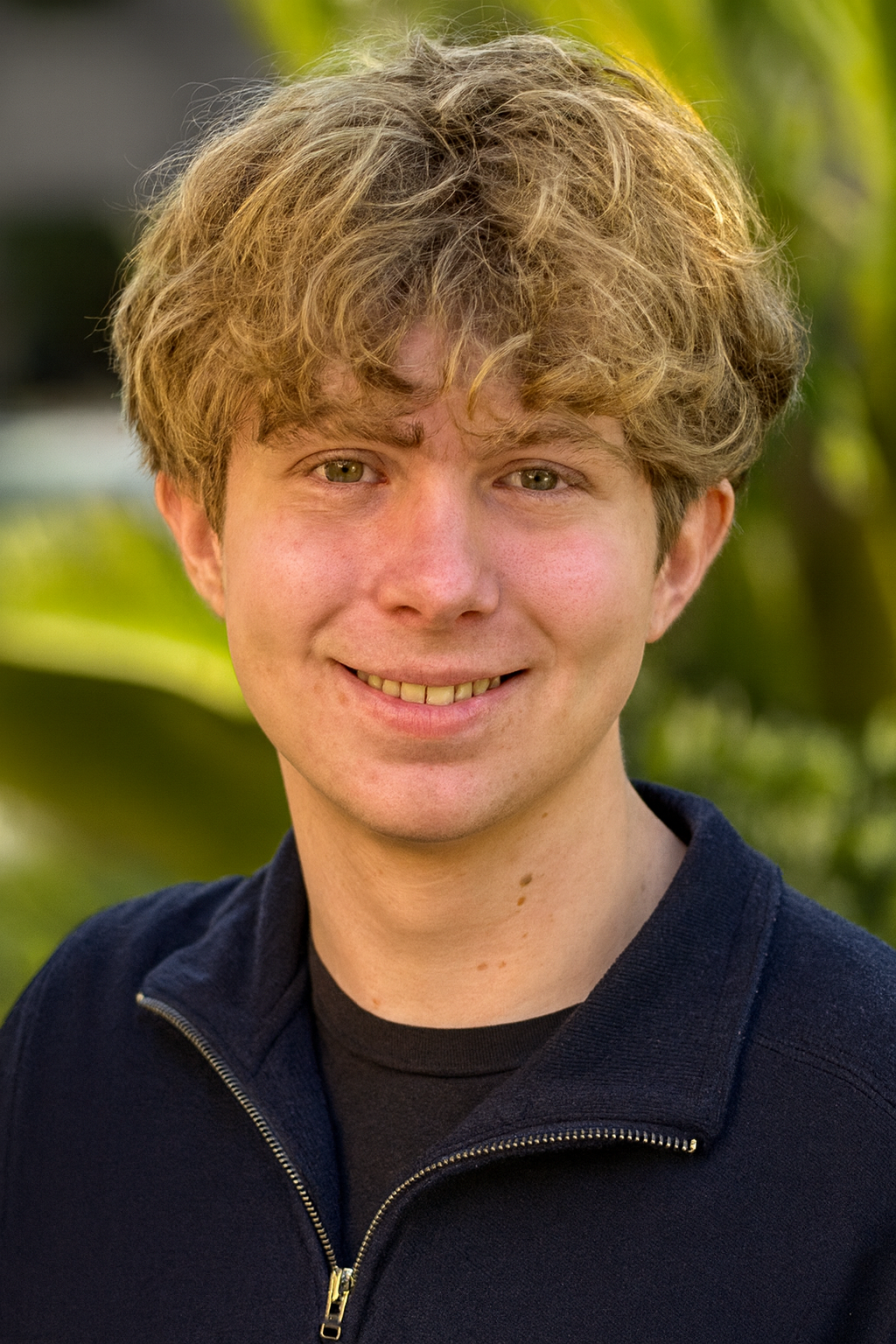
 Edited By: Joshua Shavit
Edited By: Joshua Shavit
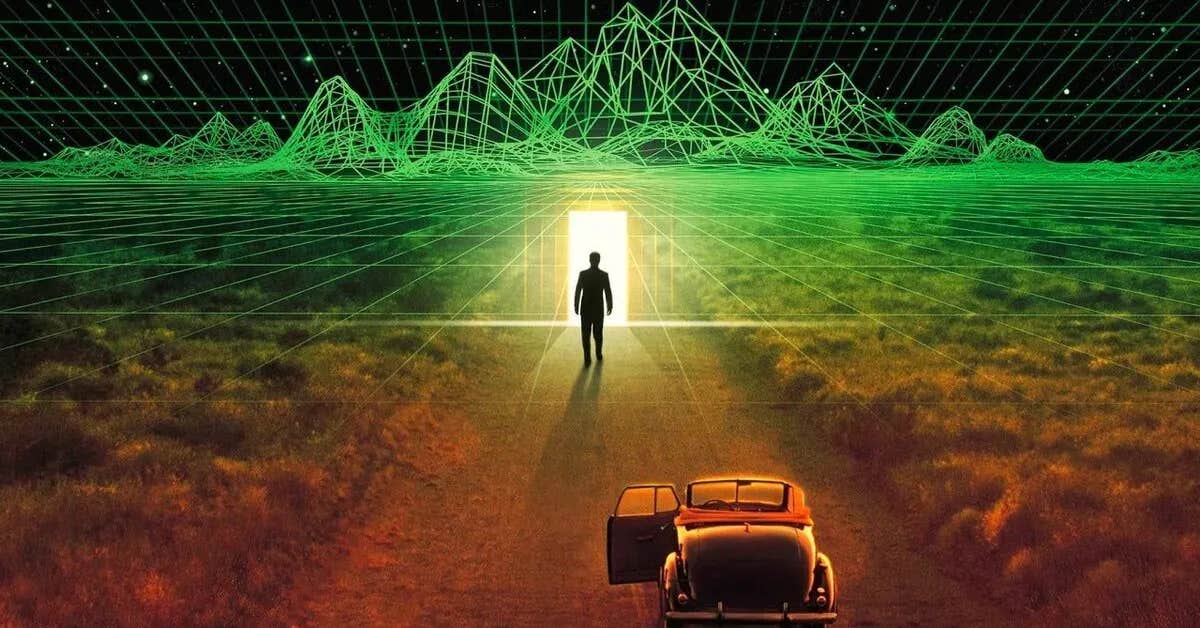
A team of physicists has proven that the universe cannot be reduced to a simulation. (CREDIT: Wikimedia / CC BY-SA 4.0)
Physicist Mir Faizal, Adjunct Professor with UBC Okanagan's Irving K. Barber Faculty of Science, was not out to shatter the dreams of science fiction enthusiasts when he began to study the limits of mathematics. Yet, his most recent work may have done exactly that. This research, conducted with Lawrence Krauss, Arshid Shabir, and Francesco Marino, claims something remarkable: The universe is not, and never could be, a computer simulation.
Published in the Journal of Holography Applications in Physics, they argue that reality manifestly does not exist within the confines of mathematics. The basic principle they employ from logic and information theory proves that there is no algorithm capable of characterizing the Universe, regardless of how sophisticated.
Their argument, boiled down to its most essential claim, is that the equations which combined have made the majority of modern physics possible— equations which allow us to make sense of gravity, quantum particles, and space-time— rely on a substructure which mathematics can never acknowledge: the structural limitations of existence itself.
The Edge of Physics
For centuries, science has involved replacing one version of truth with another. Newton’s simple laws were replaced with Einstein’s relativity of space-time in a single geometric knock-off of the real Universe. This was then confounded by quantum mechanics, which jarred that order by discarding particle, wave, and definite outcomes as probabilities shared among multiple universes.
The combination of relativity and quantum mechanics is the backbone of physics. They do not agree with each other when it comes to the very small or the very dense. Their equations are unable to resolve the structure around black holes or at the inception of the Big Bang.
Physicists have routinely searched for a theory that accounts for this difference, which has become known as a 'Theory of Everything' suitable to unite gravity and quantum mechanics. Faizal's paper suggests that such a theory may not exist, not because scientists are not intelligent enough, but because of mathematics itself.
They reference logician Kurt Gödel's work, in which he demonstrated that any sufficiently complex, consistent mathematical system that includes basic arithmetic will always contain statements that are true but cannot be proven. The researchers argue that these "undecidable truths" can also be found in physics.
"There are aspects of reality that are beyond any finite calculation," Faizal says. "And that doesn't mean they are not real, it means they are beyond computation."
The Meta-Theory of Everything
To elaborate on this notion, the researchers constructed a thought experiment. Consider a complete theory of quantum gravity—one that is capable of describing the totality of the universe, in principle. In such a theory, there would be a set of axioms, or rules; then, from those axioms, everything else would follow as a logical consequence.
The moment we write down those rules, however, or axioms, we have an incompleteness theorem as established by Gödel, as well as some related results by Alfred Tarski and Gregory Chaitin. Together, these demonstrate that logic will not encompass all truths, each in differentiated ways.
To take it further, then, Faizal's group is suggesting what they refer to as the Meta-Theory of Everything, or the MToE. The idea here is simply to add an additional ingredient, a "truth predicate", which makes some reference to facts that will be beyond formal proof. This essentially introduces what the team refers to as non-algorithmic understanding: a set of understanding that could not be phrased or derived with any finite, step-by-step computation.
Within this framework, certain aspects of mysterious subjects, e.g., the precise properties of black-hole interiors, the emergence of spacetime itself, could under a purely mathematical description remain undecidable, and yet still be true, beyond computation.
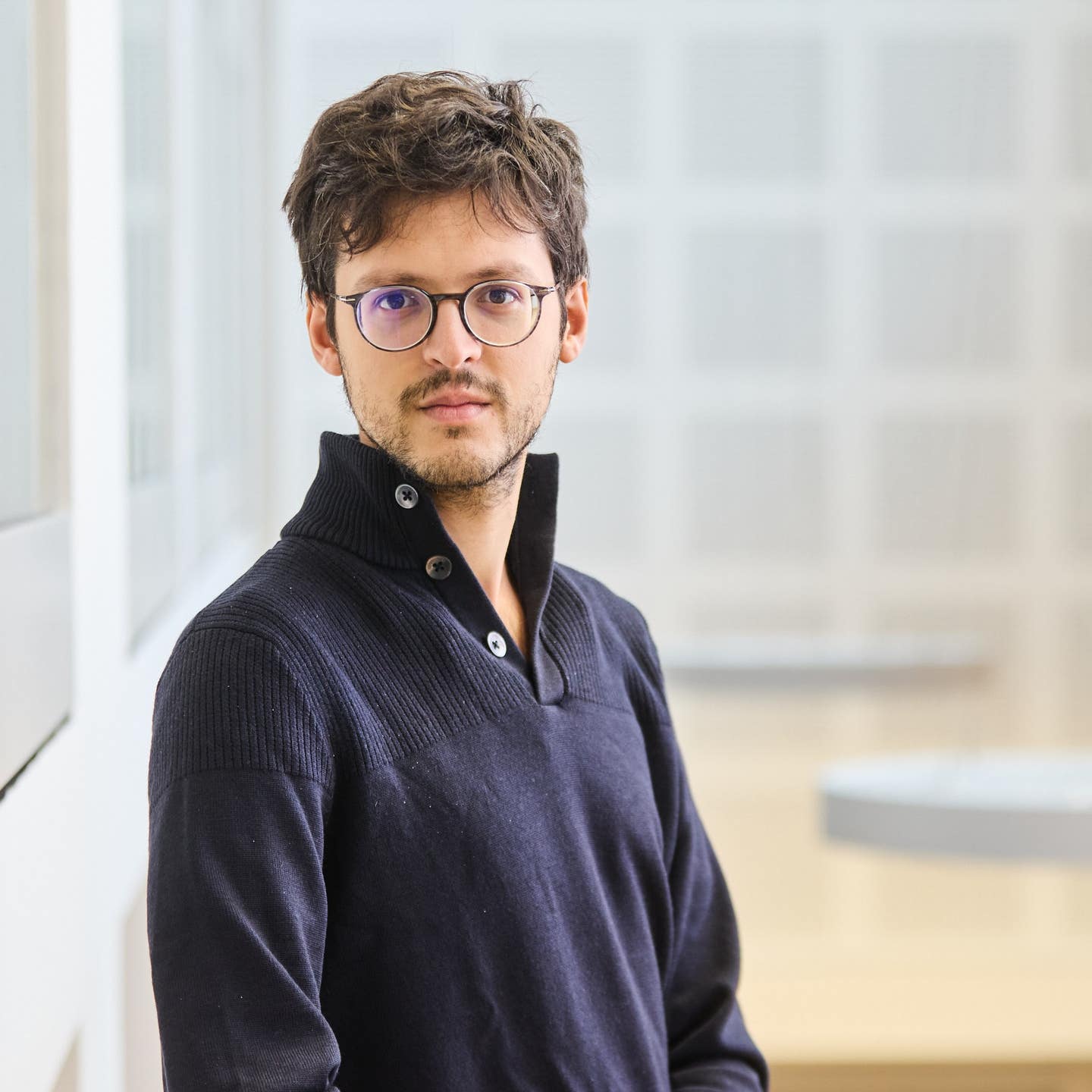

Black Holes, Consciousness, and the Limits of Knowledge
These limits are not just philosophical; they go to the core of modern physics. Consider the black hole information paradox, whether information is lost forever when a black hole evaporates. Faizal and his coauthors contend that this is potentially one of those undecidable questions. Details may exist, but may never be computable.
They also connect their reasoning to human thinking. Some philosophers, such as Roger Penrose, have long argued that consciousness cannot be reduced to algorithms. If we can recognize truths that no machine can, then perhaps humans think in the same way that the universe thinks—in non-algorithmic ways.
This idea doesn't make the universe mystical; it accepts that reasoning itself may have different layers - one that machines can simulate and another that humans are unique.
A Universe that Can't be Simulated
Faizal's paper is also a direct assault on the popular "simulation hypothesis," which argues that our world is an elaborate computer program run by an advanced civilization. "If the universe were simulated, then its rules would have to be algorithmic. But since we've shown the fundamental nature of reality must be non-algorithmic, then the universe cannot be simulated."
Coauthor Lawrence Krauss agrees. "The fundamental laws of physics cannot exist inside space and time; they create it," he says. "This signifies that any simulation, which must be utilized within a computational framework, would never fully express the true universe. The most fundamental structure of reality is simply not computable."
To put it simply, there is no way any supercomputer, no matter how powerful, could ever model the entire universe, and while the equations that describe the behavior of individual particles or galaxies may continue to work, they will never reveal all of the secrets hidden in the code of existence, as reality is not written in code.
The Human Aspect of Discovery
For many scientists, this might sound discouraging. For Faizal, this is a reason for wonder. “To understand that there are limits doesn’t end science,” he explains. “It gives it a new direction. It suggests that nature is larger than any equation.”
You might imagine standing on a shore. Every wave of discovery takes knowledge a little farther out, yet the ocean of mystery remains vast. While it does not make science valueless to know that some truths lie beyond computation, it certainly makes science more human.
Practical Implications of the Research
This reframes what physicists and philosophers can hope to do. The search for a "Theory of Everything" must expand beyond the development of pure mathematics and apply new forms of reasoning, or even link physics to work in cognition and consciousness. Practical implications could include how scientists think about black holes, theories of quantum gravity, and the very nature of information.
For technology and artificial intelligence, the implications are much more humbling. If parts of reality and thought are fundamentally non-algorithmic, then no AI, no matter how advanced, could ever simulate human understanding. That very understanding could allow for a more ethical and realistic development of intelligent systems that also respect the limits of computation.
Above all, the research reminds us that there are elements of existence that may always resist being captured as data. Rather than diminished, perhaps it is the unknowable depth that renders the universe beautiful.
Research findings are available online in the Journal of Holography Applications in Physics.
Related Stories
- Scientists find that our reality is nothing but a computer simulation
- New theory proposes the universe collapsed itself into reality, solving Schrödinger’s cat paradox
- New tachyon study could unlock the secrets of time travel and reality
Like these kind of feel good stories? Get The Brighter Side of News' newsletter.
Joseph Shavit
Writer, Editor-At-Large and Publisher
Joseph Shavit, based in Los Angeles, is a seasoned science journalist, editor and co-founder of The Brighter Side of News, where he transforms complex discoveries into clear, engaging stories for general readers. With vast experience at major media groups like Times Mirror and Tribune, he writes with both authority and curiosity. His writing focuses on space science, planetary science, quantum mechanics, geology. Known for linking breakthroughs to real-world markets, he highlights how research transitions into products and industries that shape daily life.


